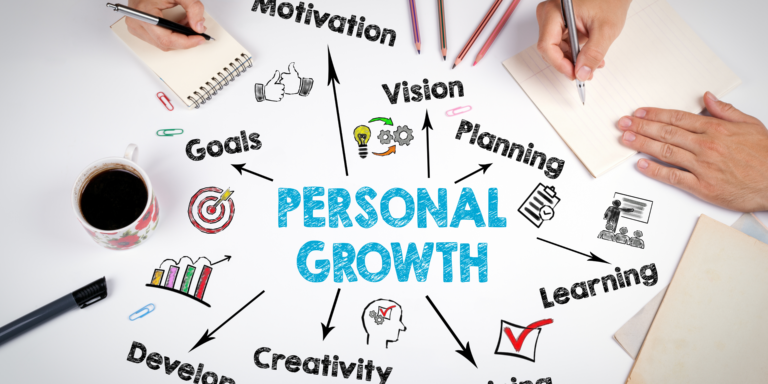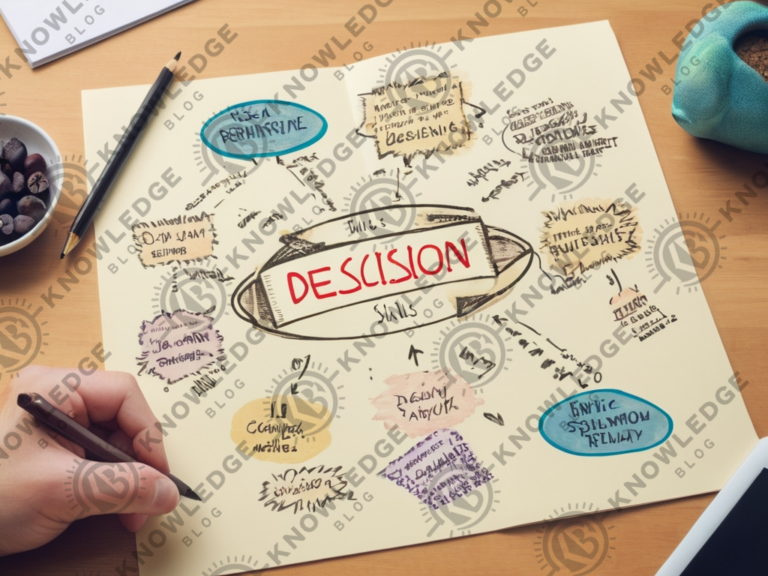Analysis Skills Definition.. 11 steps to acquire it

Analysis Skills Meaning is the abilities that enable individuals to break down complex information into manageable parts, understand underlying patterns, and derive actionable insights.
By knowing analysis skills definition, one can significantly improve problem-solving abilities, decision-making processes, delegation in leadership, and overall professional effectiveness.
Understanding analysis skills definition is the first step toward mastering them, leading to better outcomes in both personal and professional arenas.
Analysis Skills Definition
Analysis skills refer to the ability to systematically examine information or data by breaking it into its component parts, identifying their relationships, and evaluating them to draw conclusions or make informed decisions.
These skills encompass a variety of specific competencies including critical thinking, attention to detail, Problem Solving and Decision Making, logical reasoning, and the ability to observe and interpret data.
List of Analysis Skills
Analysis skills encompass a range of cognitive abilities and techniques that are crucial in dissecting information to make decisions and solve problems.
Here is a list of key analysis skills:
- Critical Thinking: The capacity to think in a clear and logical manner, grasping the relationships between concepts.
- Data Analysis: The capability to gather, review, and interpret data to discover patterns and provide insights.
- Problem Solving: The act of recognizing an issue, devising potential solutions, and implementing the most suitable course of action.
- Research Skills: The ability to find information, synthesize it, and evaluate its relevance and validity.
- Logical Reasoning: Using systematic steps based on sound reasoning to arrive at a conclusion.
- Attention to Detail: The capability to focus on all the elements of a complex task or situation to ensure accuracy and completeness.
- Quantitative Analysis: The ability to use numerical and statistical methods to derive meaningful insights from data.
- Critical Observation: The skill of noticing and predicting needs, problems, or changes through keen observation.
- Hypothesis Testing: Developing hypotheses and using various methods to test their validity.
- Comparative Analysis: The skill to assess multiple alternatives or solutions, weighing them against a set of predefined criteria.
- Decision Making: Selecting the best course of action among various alternatives based on available information and desired outcomes.
- Forecasting: Using existing data to predict future conditions or behaviors.
- Conceptual Thinking: The ability to understand complex concepts and make connections between them that are not immediately obvious.
- Synthesizing Information: Merging various pieces of information from different sources into a coherent whole.
- Communication of Insights: Effectively conveying the analytical abilities findings to diverse audiences, often translating complex data into understandable terms.
Related Article: Develop interpersonal skills
Importance of Knowing Analysis Skills Definition
Understanding analysis skills definition is crucial for several reasons, particularly in how we approach problems, make decisions, and process information.
- Enhances Problem-Solving Abilities: Knowing what analysis skills entail helps individuals approach problems systematically. By breaking down complex issues into manageable parts, one can identify the root causes and devise effective solutions.
- Improves Decision-Making: Analysis skills enable people to evaluate information critically, weigh alternatives, and make informed choices based on evidence and logic rather than assumptions or biases. This leads to more sound and robust decision-making in both personal and professional contexts.
- Boosts Employability: In the job market, employers highly value candidates with strong analytical capabilities. Understanding the components of analysis skills allows individuals to develop these traits intentionally and communicate their abilities more effectively during job searches or performance evaluations.
- Facilitates Academic Success: In educational settings, students with solid analysis skills can comprehend, interpret, and evaluate information more effectively. This leads to better performance on exams, enhanced research capabilities, and improved overall academic outcomes.
- Supports Effective Communication: Knowledge of analysis skills includes the ability to synthesize information and present it clearly. This is crucial for conveying complex data in an understandable format, making strategic recommendations, and persuading others based on data-driven arguments.
- Encourages Lifelong Learning: Understanding and developing analysis skills can foster a mindset geared towards continuous improvement and learning. Analytical thinkers are often more curious, open to new ideas, and proactive in seeking knowledge.
- Adapts to Technological Advances: In an era where data is pivotal, having strong analytical skills is essential to interpret and leverage this data effectively. Knowing how to analyze data helps in adapting to and maximizing the benefits from technological advancements.

Steps to Learn Analysis Skills
Learning analysis skills involves developing the ability to think critically, evaluate data, and draw informed conclusions.
Here’s a step-by-step guide to help cultivate these essential skills:
- Understand the Basics:
- Start by understanding what analysis skills entail, including critical thinking, data analysis, logical reasoning, and problem-solving.
- Learn about different types of analysis such as qualitative, quantitative, comparative, and conceptual analysis.
- Engage in Active Learning:
- Online platforms like Coursera, Khan Academy, and LinkedIn Learning offer various courses on data analysis, logical thinking, and more.
- Practice Critical Thinking:
- Regularly engage in activities that require critical thinking, such as reading complex materials, playing strategic games (like chess), or solving puzzles.
- Ask yourself questions about the material you encounter: What is the main message? What evidence supports it? Are there contradictions?
- Learn to Work with Data:
- Gain proficiency in data collection and analysis tools such as Excel, SPSS, or R programming.
- Practice interpreting graphs, charts, and tables. Try to draw conclusions based on the observed data patterns.
- Develop Problem-Solving Skills:
- Approach real-world problems systematically. Define the problem, gather relevant information, generate potential solutions, and then evaluate and implement the best solution.
- Participate in case studies or group discussions that focus on solving complex issues.
- Enhance Your Attention to Detail:
- Practice tasks that require precision and attention to detail, such as proofreading, coding, or crafting.
- Make it a habit to double-check your work for errors or inconsistencies.
- Strengthen Logical Reasoning:
- Engage with materials that challenge your reasoning abilities, like philosophical texts or logical puzzles.
- Practice identifying logical fallacies in everyday arguments or media presentations.
- Simulate Analytical Scenarios:
-
- Use simulations or scenario-based exercises to apply your analytical skills in a controlled environment. This can be particularly useful in fields like business analytics, public policy, or health sciences.
- Seek Feedback:
-
- Regularly seek feedback on your analytical work from peers, mentors, or instructors. Understanding different perspectives can enhance your ability to analyze complex situations.
- Apply Your Skills in Real Situations:
-
- Look for opportunities to apply your analytical skills in everyday life, whether it’s in making personal decisions or contributing to work projects.
- Volunteering for projects that require research and analysis can provide practical experience.
- Reflect and Adapt:
-
- Reflect on your analytical processes and outcomes.
- Stay open to new methods, tools, and perspectives that can enhance your analytical capabilities.
Related Article: Teamwork And Collaboration Skills
Conclusion
Understanding analysis skills definition is crucial for personal and professional growth. Analysis skills encompass a broad set of capabilities, including critical thinking, data analysis, logical reasoning, and problem-solving, all aimed at interpreting information effectively and making informed decisions.
These skills are invaluable in today’s data-driven world, where the ability to dissect information, recognize patterns, and draw logical conclusions can significantly impact success across various fields, from business to science and education.






